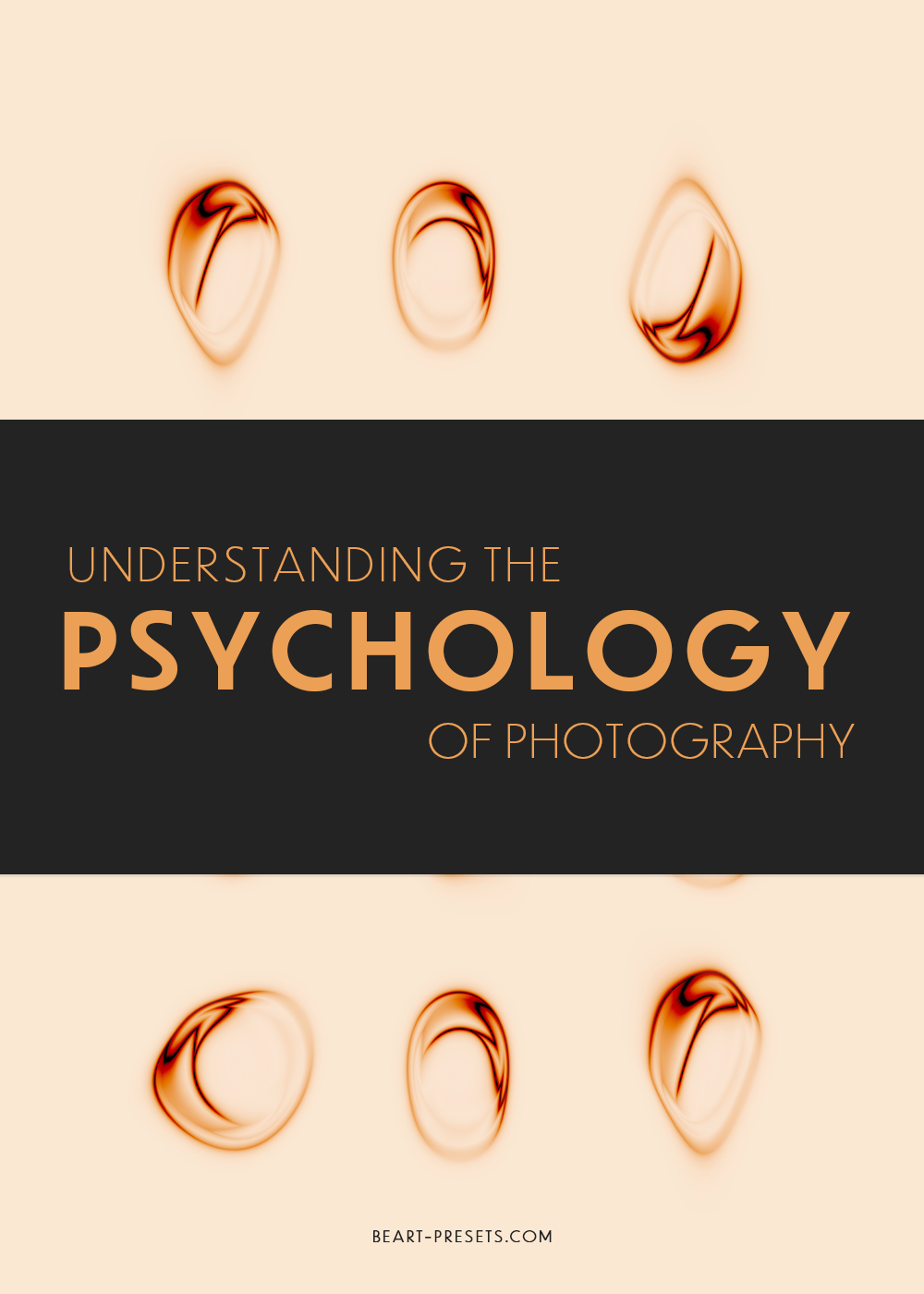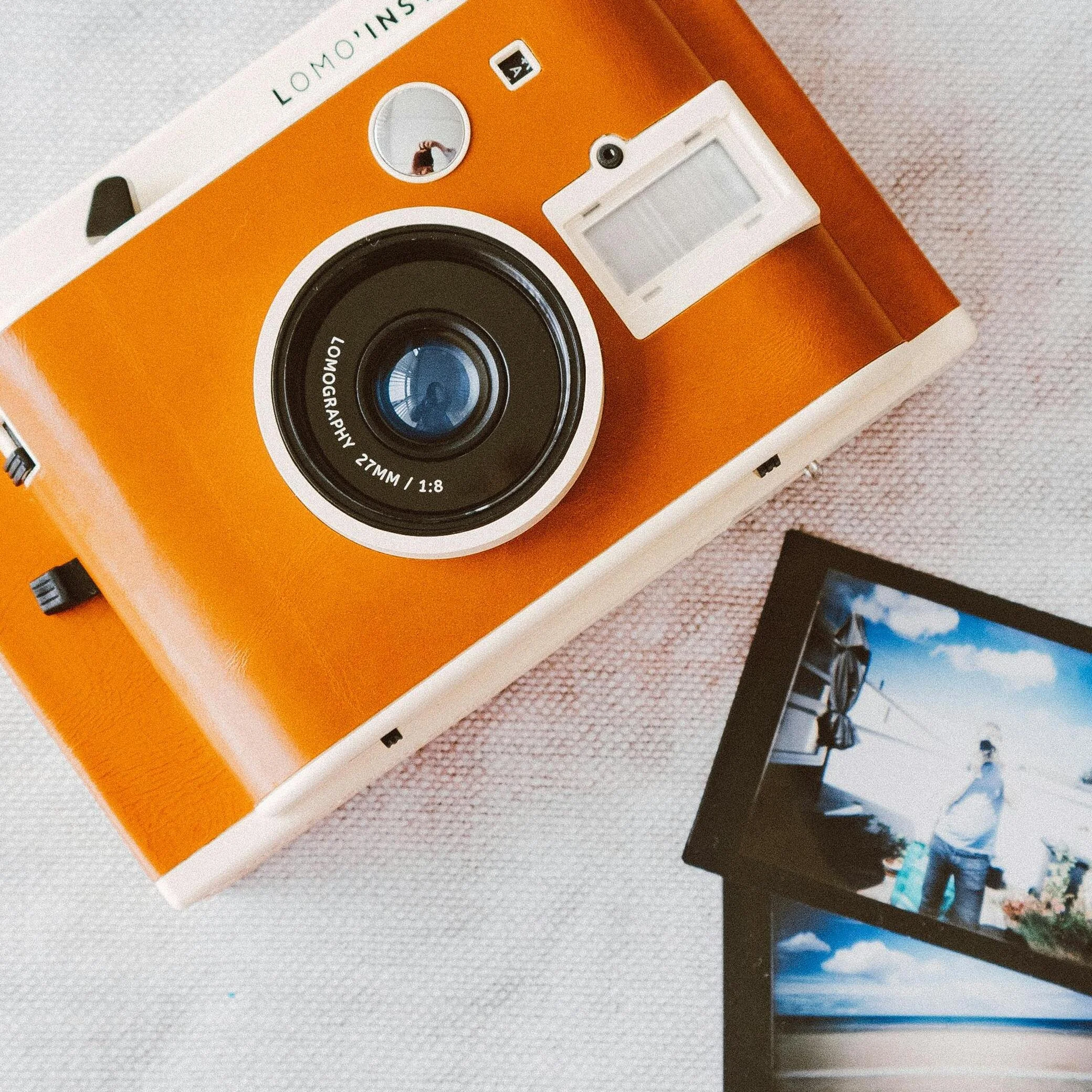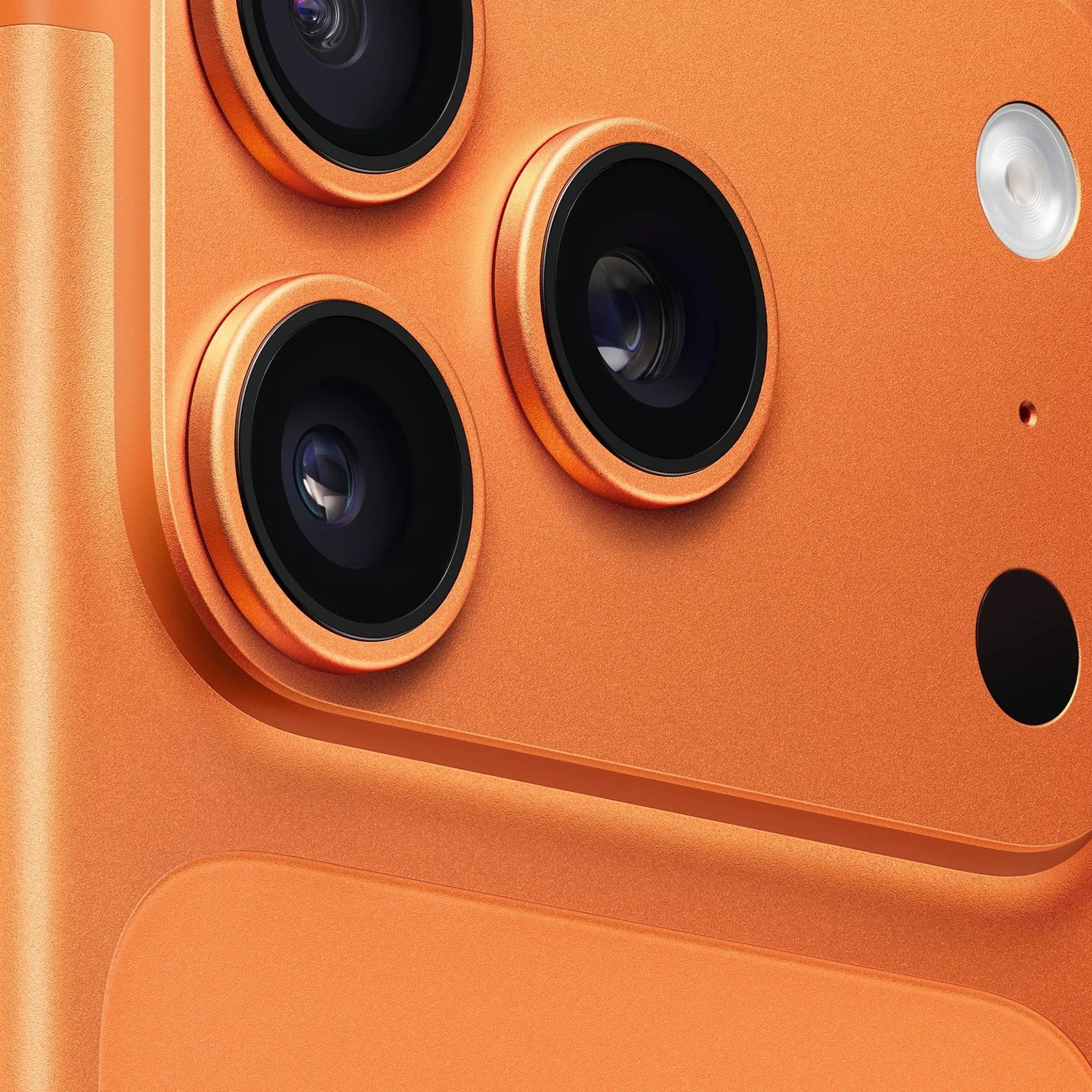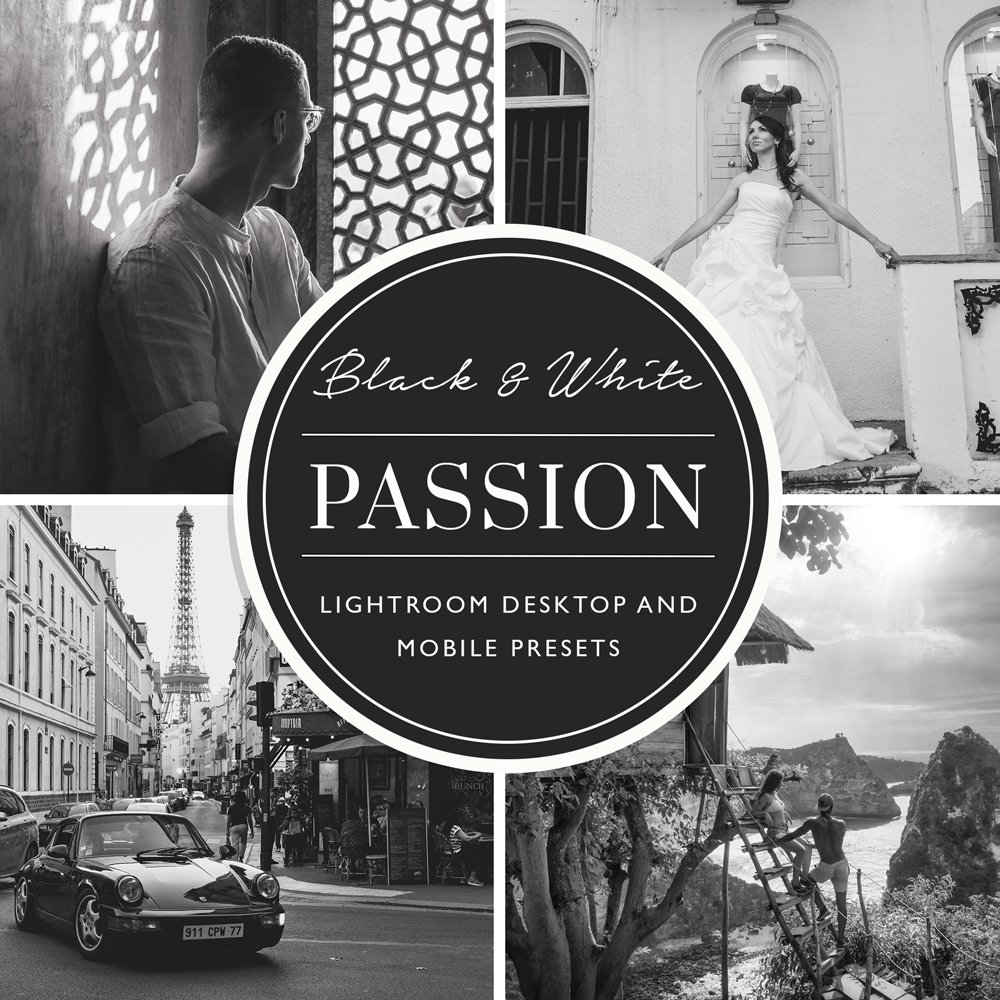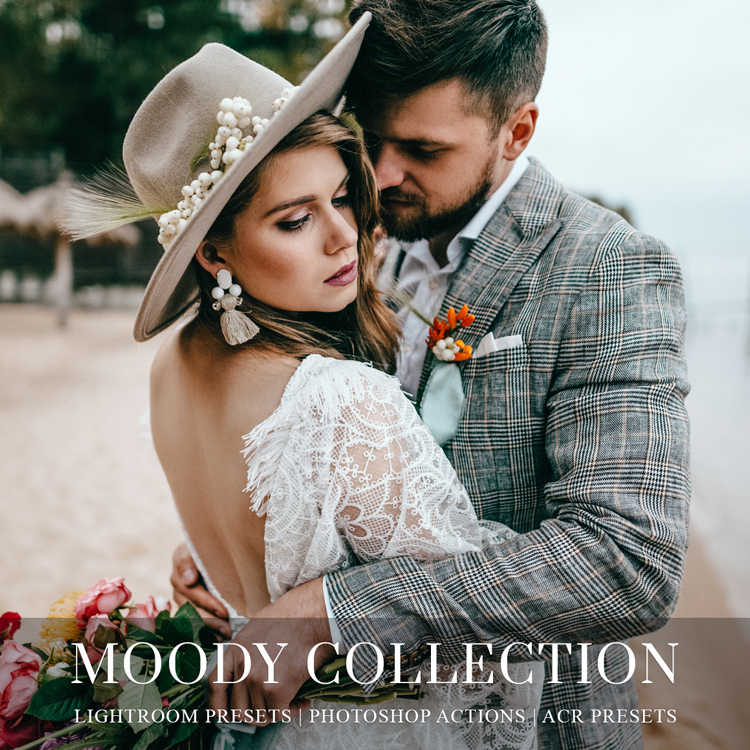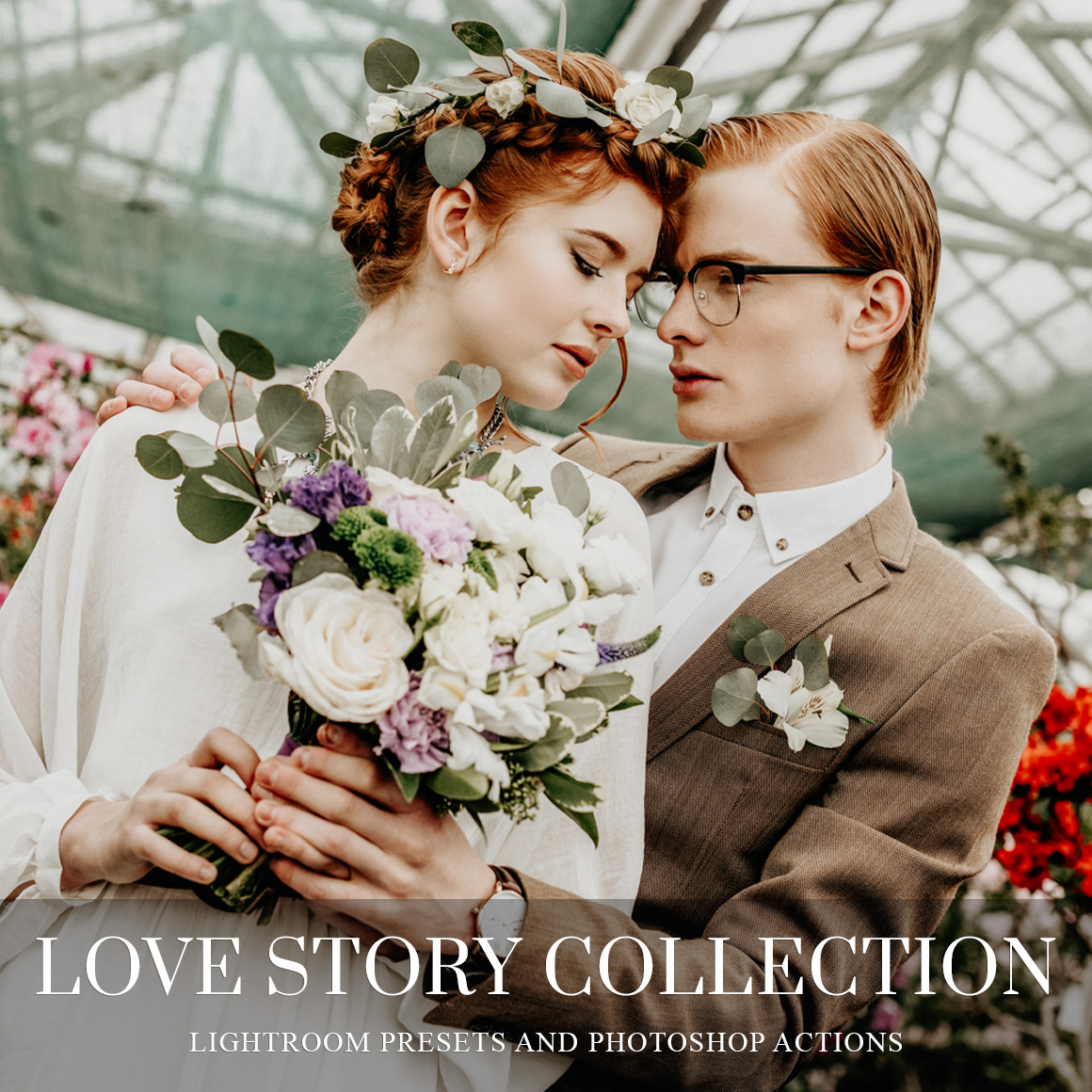understanding the psychology of photography
Technical reasons aside, what makes you choose a particular subject to photograph when you're out in the field? How about the angle of composition?
Do you, like many, believe the camera is a mirror into your soul? We don't know if it really is a window into our soul, but there is a psychology of sorts behind photography. Whether you do it for fun or business, who we are influences what and how we shoot. The more you understand that the better photographer you will be.
A Mirror Into Our Soul
It's been called the third eye, a mirror into our soul, and, even, a version of ourselves. Whatever it is, there can be no doubt that photography, in many ways, represents who we are as a person. Why? Ultimately, you as the photographer decide what to shoot, how to shoot it, and when - not to mention that you control the camera's settings. If a photograph is a canvas, you are the painter.
Photographers who specialize in specific genres often do so because they have a particular passion for that subject - and excellent knowledge of it. Their love for and understanding of their genre greatly influence their work.
There's probably no greater example of this than that great Ansel Adams. He wasn't just a photographer. He was also a dedicated environmentalist who lived, loved, and understood the landscapes he photographed - not just for their beauty but for their unique role on Earth. It was his passion for the land that most influenced his iconic images. Could someone who didn't care about the environment as much as he did shoot the same quality of imagery? Doubtfully.
The Choices We Make
You don't just interpret what you see when you take a photograph. You recreate what you see as you see it. You control decisions about lighting, composition, and even the scene. And unless you're in a studio with a subject, you also choose what you're photographing.
It's those choices we make as a photographer that elevate our work. Who we are is what our photography becomes. Your experiences thought processes, and vision all impact your work. In many ways, your camera is the funnel that pours who you are into the final product - your images.
Mindful Photography
To be a better photographer, it helps to understand how you influence your work. Being mindful makes you a better photographer.
Keeping a photography diary can help. Each time you take pictures or venture out on an excursion, jot down what influenced your shots. We're not talking about the technical aspects (F-stop, lighting, etc.). It's the psychology about a shoot that you need to be mindful of.
What caught your eye or what influenced a particular photograph?
What was your mood that day?
Were you focused and mindful of your surroundings?
What made you stop and shoot a specific subject?
Why that tree and not another?
If you're shooting street photography, why photograph that group of children instead of a group of elders?
Something very individual to you or about you creates a photograph. Your perception and your senses shape the outcome. Being as mindful as possible as a photographer is critical.
It's Not the Camera
Photography is the result of a photographer, not a camera. Anyone can learn the technical aspects of photography, pick up a camera, and shoot. That's just access to equipment, learning technical stuff, and finding the opportunity to photograph. But the creative process that leads to unique and extraordinary imagery often lies within the very soul and psyche of the photographer.
While we think we capture reality, truthfully, we capture our version of reality at that moment. Yes, the camera captures exactly what it sees. But, we write that story. We control the camera, angle, composition, and even the shot's timing. The camera is the tool. We are the master. No two people will create the exact same image, even when shooting the same subject.
How you see the scene, focus yourself, and relate to what is there greatly influence when you press the button to shoot. Technical skills greatly influence outcomes and are critical. Without the correct camera settings, there would be no decent image. But the personality behind the camera weaves the magic behind a photograph. And that is why some photos can evoke poignant feelings.
The camera doesn't see emotions. It only captures technical details. But the photographer behind the camera sees what the camera doesn't and can reflect the feelings of the person photographing and photographed. This is why some of the most iconic images in history are pictures that captured a provocative moment, emotion, or action. For example, pictures of war. A photographer recognized that there was something powerful and took a picture. They knew that they were witnessing something powerful, something worth capturing. There is a lot of psychology behind that, significantly influenced by the photographer's own values, feelings, and interpretation of that scene.
Interpreting Reality
Photojournalism is the imagery of what's happening and documents what it sees. Of course, we've just spoken about how much a photographer influences his photography. So what does this mean for documentary photography?
Even the most journalistic photography is open to degrees of interpretation and reality. Ultimately, a human being took the picture. They decided the composition, the moment, and even the existence of that image. (They chose to shoot or not.) A photographer recorded that moment. They documented reality for us, but it's also the truth they saw at that moment. After all, they are the artist, and it's their canvas. When we view their pictures, we see what they saw.
Communicating Through Photography
Since the first portrait photograph in 1839, we have communicated through photography. Whether the message is subtle or bold, every picture tells a story translated through the eyes of its photographer. And whether it's the photographer's own story captured or someone else's account they are documenting, it all filters through the photographer.
When you want to hire a photographer, you look for someone whose style you like. That's a pretty straightforward concept, except there is some psychology behind it. What you're really doing is hiring someone who can tell your story in a way you can relate to.
There's an emotional connection to that photographer's work - and often to the photographer him or herself. This is why photographers need to connect to their subjects. The better that connection or relationship, the better the photograph will turn out. The photographer is more adept at communicating that person's story.
The Poignancy of Ourselves
A picture can evoke profound emotion. For example, seeing a picture of someone once loved but now deceased can bring deep joy or grief. Even a close-up portrait of a complete stranger can trigger something in us.
As photographers, we don't necessarily seek to trigger emotions. We simply want viewers to see what we saw at that moment. We see the beauty in something, like Ansel Adams, and we want to photograph it. Why? Because we want others to share in that experience. We want them to value what we did, to understand why it resonated with us.
The camera is the tool we use to document what matters to us or someone else. We shoot for ourselves or for someone else. But there's no denying that who we are is deeply embedded in the images we take. They reflect at least part of what lies deep within us. We bring ourselves to every photograph we take. And a tiny part of us is that image. The more awareness we have of the psychology behind our work, the better we can be as photographers.
About Author: Viktoria Galaktionova
Viktoria Galaktionova is a Professional Business Coach at vikagalaktionova.

